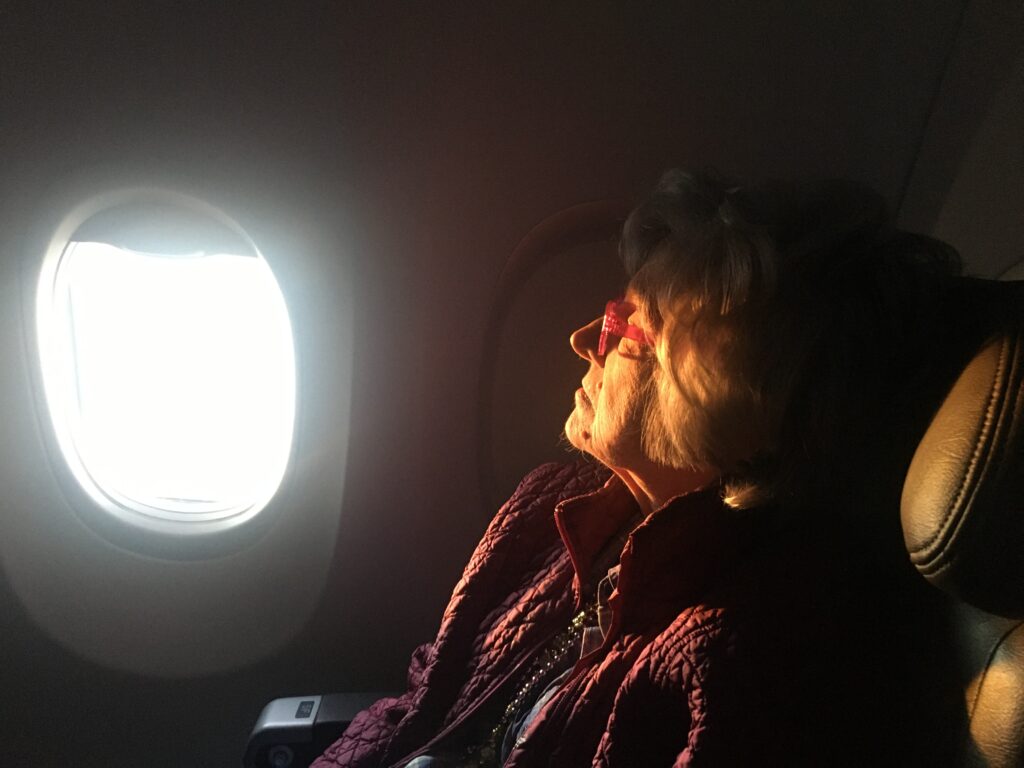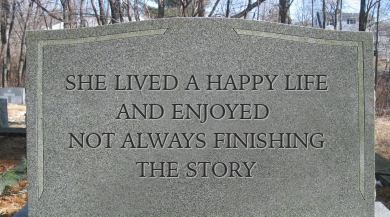I call my mother at her dementia care home earlier this week. She hangs up. Like she does every time. I call back. Silence. More than usual. After a while, I start singing her favorite hymn. She’s forgotten the words. Last summer, we sang it together when we’d meet on the front porch of her care home, ten feet apart, masked and isolated. But with mom, a lot can change in six months. In six days. Even six minutes.
I’ve grown accustomed to the spaces between our words, as vast as the distance away we are from each other. And each time I call, her identity unravels a bit more.
Somehow, listening to her dementia is even worse than watching it.
Yesterday, another call. This time from her care home. “There’ve been some fairly significant changes with your mother this past week,” the director says, and part of me wants to pull a mom on her and hang up. Instead, I listen. Fever, infection, fluid retention, lab tests, chest x-ray, increased confusion, depression, inability to stand, walk, dress or eat on her own.
The pancreatic tumor is wreaking havoc on her physiological system and her dementia, not to be outdone, has decided to ramp up its misfiring neurons.
Already fragile and rail thin, my mother now requires increased monitoring and assistance, what is termed “end of life” care.
Her care home does this well. A small group home overlooking the sea, staffed by long-time and loving caregivers. She is in the right place, the best place. We all knew this time would come.

Barring any drastic changes, in three weeks I will travel to see her and hold her, through the miles and time zones and COVID vaccination timelines that divide us. The uncertainty surrounding our lives is as unbearable as the silence in our phone calls.
There will be no heroic measures taken. But in this story, there are heroes: the caregivers and my mother.


